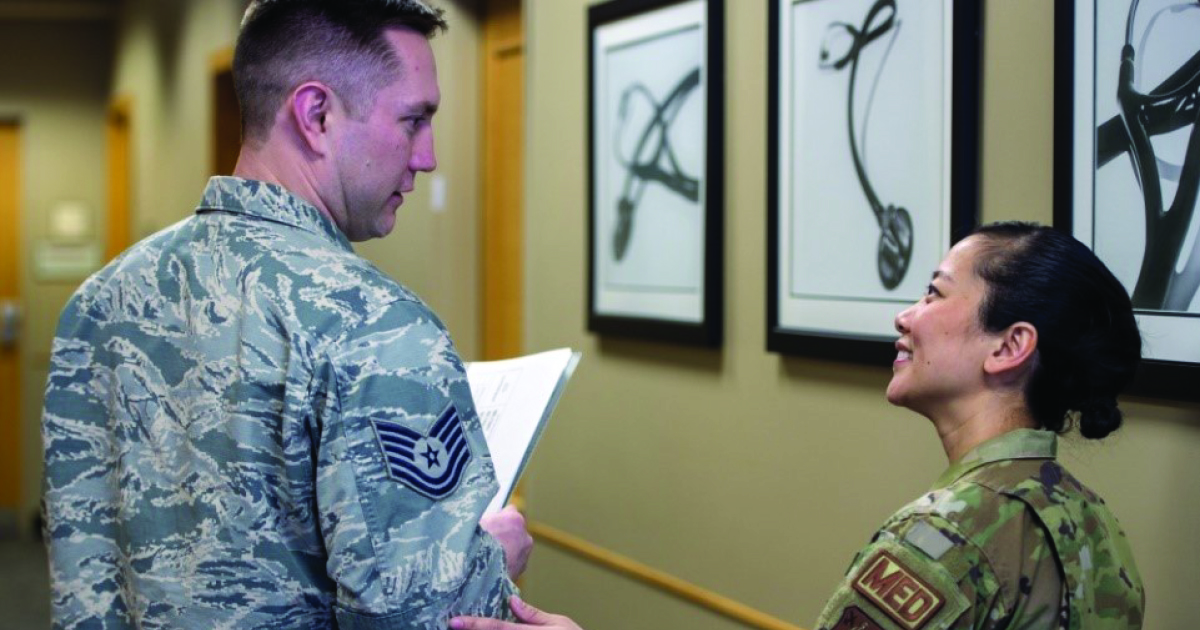By Gregory Baima, Ph.D.
Sept. 24, 2020
 Photo by Tech. Sgt. Jessica Lewellen
Photo by Tech. Sgt. Jessica Lewellen
A death by suicide can affect everyone in the individual's life including family, friends, colleagues and health care providers who may have been treating the individual. Providers are not immune from suicide's psychological toll. Perceived guilt and grief can impact the health of providers in unexpected ways. It is important for providers to remember that death by suicide is a multifaceted phenomenon which is notoriously difficult to predict. In an attempt to learn from these events and recommend best practices, I review and summarize the medical record of each Airmen who dies by suicide and any additional information regarding the circumstances of death.
These summaries are valuable for system-level improvements even though providers in our field are aware that the majority of patients with these characteristics will not attempt suicide. The value in this information at the provider level lies in its ability to prompt clinicians to identify which patients may be at the most immediate risk. Providers can then apply suicide prevention best known practices with these individuals.
Slightly more than half of Airmen who die by suicide had been seen by a mental health provider and of those, slightly less than half had been seen in the month prior to their death. This emphasizes the acute psychological stress that many Airmen find themselves in when they seek treatment. Providers are aware of the ambivalence and reticence Airmen may feel when reporting symptoms, especially suicidality, within the military system. While some patients in treatment readily report suicidal thoughts or behaviors as they occur, many Airmen may only seek mental health services when they suddenly feel overwhelmed.
The most common immediate life stressor that I see in these reviews is the loss of a highly valued interpersonal relationship, most often a romantic relationship. The second most frequently reported stressor is perceived intractable and long-term challenges, such as legal or financial difficulties. Most providers are also aware that past suicidality or current increased substance use are also significant risk factors. I see these factors in approximately one third of suicide death reviews.
With these immediate risk factors in mind, a prudent course of action for providers is to develop a strong therapeutic relationship where both patient and provider discuss these topics as openly as possible. One stressor, but often several at a time, may overwhelm any particular patient and this therapeutic relationship could make a significant difference in the patient's life. A prudent provider may readily and gently pursue some of these more challenging topics in therapy, when they believe there is an increased risk of suicide. At this point, incorporating treatment recommendations from the VA/DOD clinical practice guideline on suicide risk may lead to the best possible outcome.
Dr. Baima is a contracted clinical psychologist at the Air Force Medical Readiness Agency. He has expertise in quality review issues and evidence-based treatment within the Military Health System.